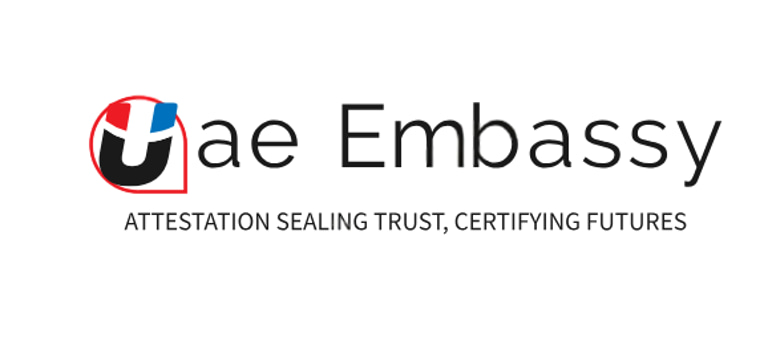Apostille & Attestation Services in India "apostille services India"
Discover the essential guide to understanding apostille services in India and the certificate attestation process. Learn how to navigate the requirements and ensure your documents are properly authenticated for international use. "apostille services India"
7/1/20252 min read


Introduction to Apostille and Attestation
Apostille and attestation are crucial processes that validate documents for international use. In India, understanding these procedures is vital for individuals and businesses engaging in overseas activities. The apostille is an international certification while attestation is a method of verifying the authenticity of documents within a specific country.
The Apostille Process in India
The apostille process in India is governed by the Hague Convention of 1961, which India joined in 2005. This certificate is particularly significant for documents being used in countries that are part of the Convention. To obtain an apostille, one must ensure that the document is first verified by the appropriate authorities. Commonly, documents that require an apostille include educational certificates, marriage certificates, and commercial documents.
The first step in the apostille process is to get the document attested from the relevant state government authorities, followed by submission to the Ministry of External Affairs (MEA) for the apostille stamp. Individuals must ensure that all paperwork is complete and executed accurately to avoid delays.
The Importance of Attestation
Attestation involves verifying the authenticity of documents through designated authorities, including ministries and embassies. This process is vital for a range of documents such as birth certificates, power of attorney, and corporate documents. Unlike apostille, which is utilized mainly for countries under the Hague Convention, attestation is often required for countries that are not a part of the Convention.
This verification assures foreign authorities that the documents presented are genuine and legally valid. As a result, it enhances trust and acceptance when dealing with foreign entities. Notably, the attestation process involves several levels, from local verification to endorsements by the Ministry of External Affairs, thus ensuring the utmost credibility of the document.
Conclusion: Navigating Document Legalization
In conclusion, understanding the processes of certificate apostille and attestation in India is essential for anyone planning to use their documents internationally. As globalization continues to expand, navigating through the complexities of document legalization becomes increasingly important. By following the necessary steps for both apostille and attestation, individuals can ensure their documents are recognized across borders.
It is advisable to consult with professionals who specialize in these processes to facilitate a seamless experience. Ultimately, proper knowledge of the intricacies of apostille and attestation paves the way for smoother transitions in international dealings.
